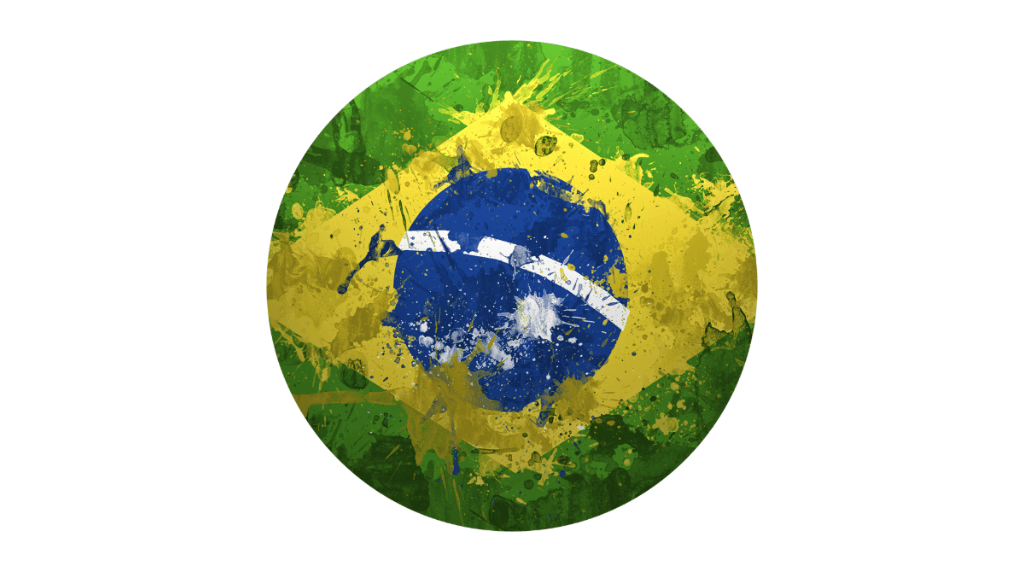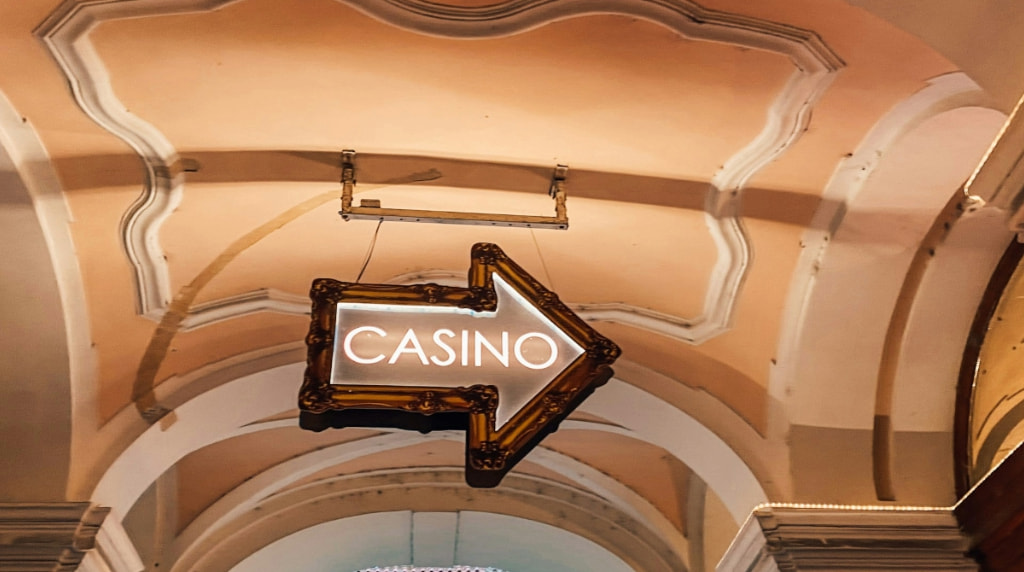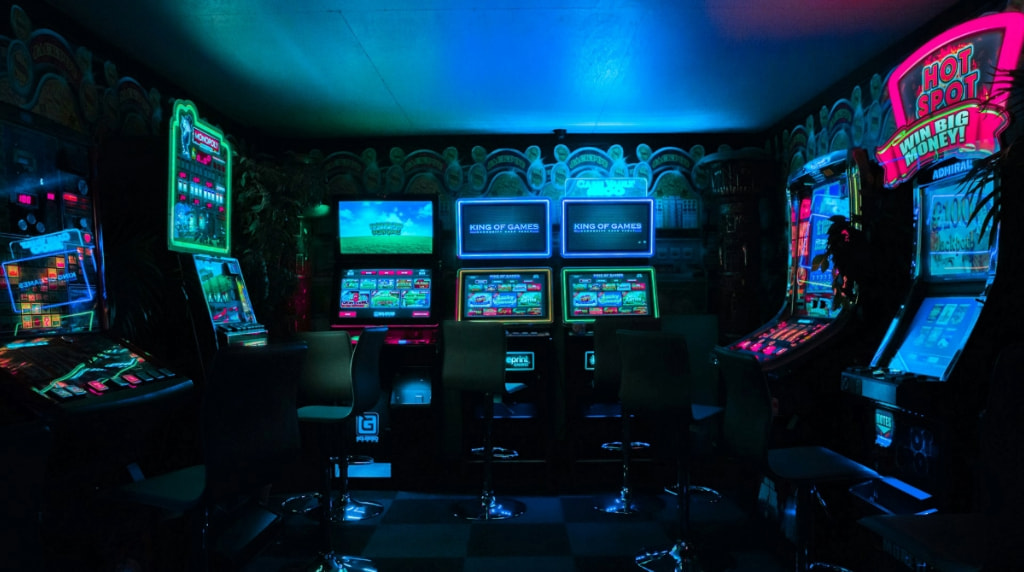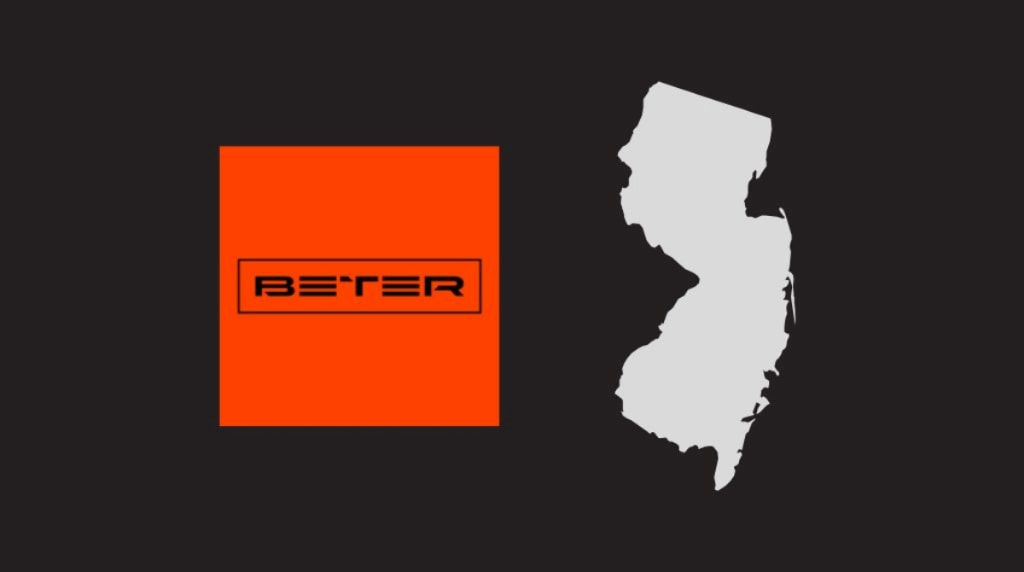Brazil’s iGaming Boom Raises Concerns About Social Impact
A Brazilian Senate committee heard testimony that suggests $3.5 to $ 5 billion is wagered monthly online.
Key Facts:
- Central Bank Testimony before the Brazilian Senate attempts to define a scale of online gambling
- The black market before iGaming became regulated was estimated at $3.5 billion monthly
- Total online gaming now estimated at $5 billion a month
- The Central Bank reiterates that it has no legal authority to stop illegal iGaming.
Brazil’s government is still trying to assess the damage caused by letting Pandora out of her box. Online regulation of iGaming in the country took place on 1 January 2025, seven long years after its de facto legalization.
The resulting legal iGaming market in the country with a young population of over 200 million was always expected to be large, but three months in, if anything, the numbers have been even stronger than expected.
Conversely, both the Government and the public worried that more advertising restrictions, tighter Know Your Customer (KYC) regulations to prevent money laundering, and possibly even a UK-type scheme that attempts to limit social harm by ensuring players’ income matches their betting limits may be needed.
Current State of the Market
More than 14 companies have been awarded full gaming licenses, and a staggering 50 more have provisional licenses, so any attempt at tightened regulation would almost certainly not be able to be a one-size-fits-all program. These operators range from some of the biggest in the world to some very small startups.
Many of these are unlikely to have access to the latest KYC software nor the ability to run complicated financial risk assessments of problem gamblers, to say nothing of a much more fragmented and less technologically advanced banking system than those in Europe or North America.
However, much of the country’s payment system is dependent on the Central Banks Pix, a PayPal-like processing system that is overwhelmingly used instead of actual bank debit or credit cards.
Thus, central bank officials were called to testify before the Senate subcommittee about the possible size of the iGaming market because they are the folks most likely to have access to the requisite data.
From January to March, the central bank saw between $3.5 billion and $5 billion flow monthly into accounts designated as owned by online casino operators.
Recent changes in the law requiring iGaming companies to register and maintain these designated bank accounts may also have driven the reported number higher.
The central bank also estimated that about 94% of gambling funds were returned to the player, which is significantly higher than before new regulations began when it was estimated at just 85%.
There is no authority attributed to the Central Bank in the law. Without regulation, there is no authority for supervision and sanctioning on our part. Our role does not include the control or regulation of specific operations related to fixed-odds bets.” he said.– Gabriel Galipolo/Central Bank, President, Senate Testimony
Brazil has seen widespread pushback against iGaming, even before it became fully legal, and it remains unpopular in large swaths of the country. A study out late last year by the Brazil Society for Retail and Consumption indicated that almost ¼ of the country sacrifices food and medicine to fund its gambling habits.
This bombshell report was widely panned due to its small sample size and somewhat questionable survey questions. Still, it was quickly followed by a report from the Brazil Chamber of Foreign Trade that suggested about 1.3 Brazilians had defaulted on loans due to online gaming in H1 of 2024. Again, many questioned the legitimacy of the findings, but the damage was done in the minds of the public.
This week’s Senate testimony will also certainly touch off the debate again on whether online gaming has gone too far in Brazil and the extent of the damage to Brazil’s lower class.
It certainly won’t help that in his testimony, Central Bank President Gabriel Galipolo addressed the fact that bettors tend to have lower credit scores than their nongambling counterparts and questioned whether gamblers had taken the risk of being classed as high-risk borrowers into account before making their first bet.





